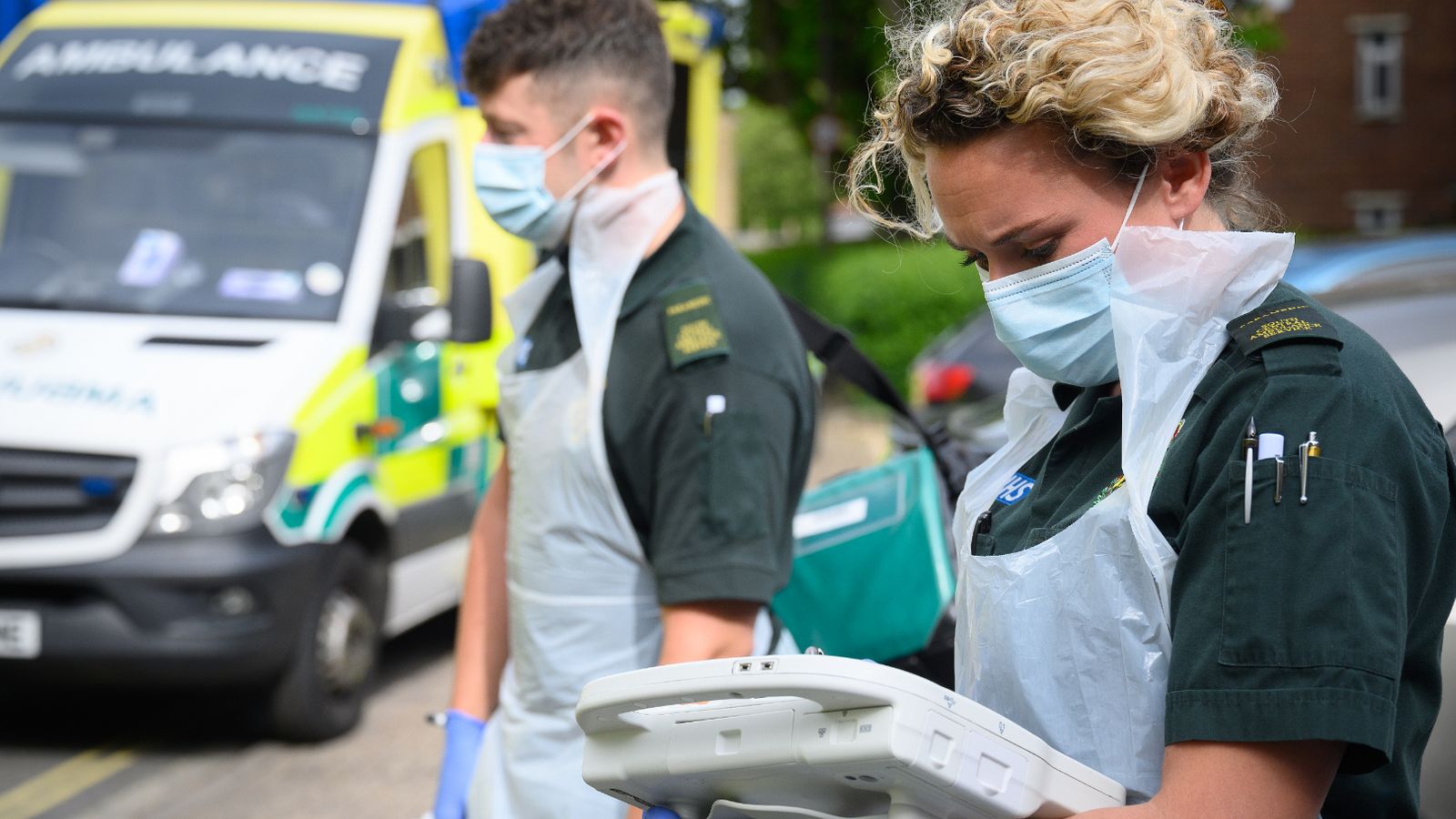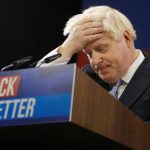The government’s use of a so-called VIP lane to award PPE contracts to two companies during the first COVID wave was unlawful, the High Court has ruled.
The challenge was brought by campaign groups the Good Law Project and EveryDoctor who argued the bid process conferred unlawful preferential treatment on those with political connections.
They took legal action over more than £340m in contracts awarded in 2020 to pest control firm PestFix and a contract worth around £252m to the hedge fund Ayanda Capital.
The judgment adds to the pressure on Boris Johnson and his government as it battles a series of sleaze allegations – with Labour claiming there is a “cash for access” culture within the Tory party.
Please use Chrome browser for a more accessible video player
The PM’s personal conduct is taking centre stage in Westminster this afternoon as he faces MPs for the first time since claims emerged that he and his wife Carrie attended a Downing Street garden drinks party during the first lockdown.
Labour’s deputy leader Angela Rayner told Sky News that his position is “completely untenable“.
Watch and follow PMQs live from midday on Sky News
COVID-19: Nurse arrested for faking vaccine injections in Italy in exchange for money
COVID-19: Too soon for virus to be treated as flu-like illness, WHO warns
Downing Street lockdown party: Senior Conservative tells Sky News the latest allegations of a Number 10 garden party are ‘indefensible’
The High Court was told the VIP lane for PPE contracts was reserved for referrals from MPs, ministers and senior officials, as the Department for Health “then prioritised suppliers including PestFix and Ayanda because of who they knew, not what they could deliver”.
The department contested the claim, telling the court it “wholeheartedly” rejected the case against it and that the VIP lane was rational and resulted in a “large number of credible offers” in an environment where PPE deals often failed within “minutes”.
Mrs Justice O’Farrell said that it was unlawful to give the two companies preferential treatment on the basis of being part of the VIP lane.
However, she found that both of the companies’ offers “justified priority treatment on its merits” and were “very likely” to have been awarded contracts even without the VIP lane.






















